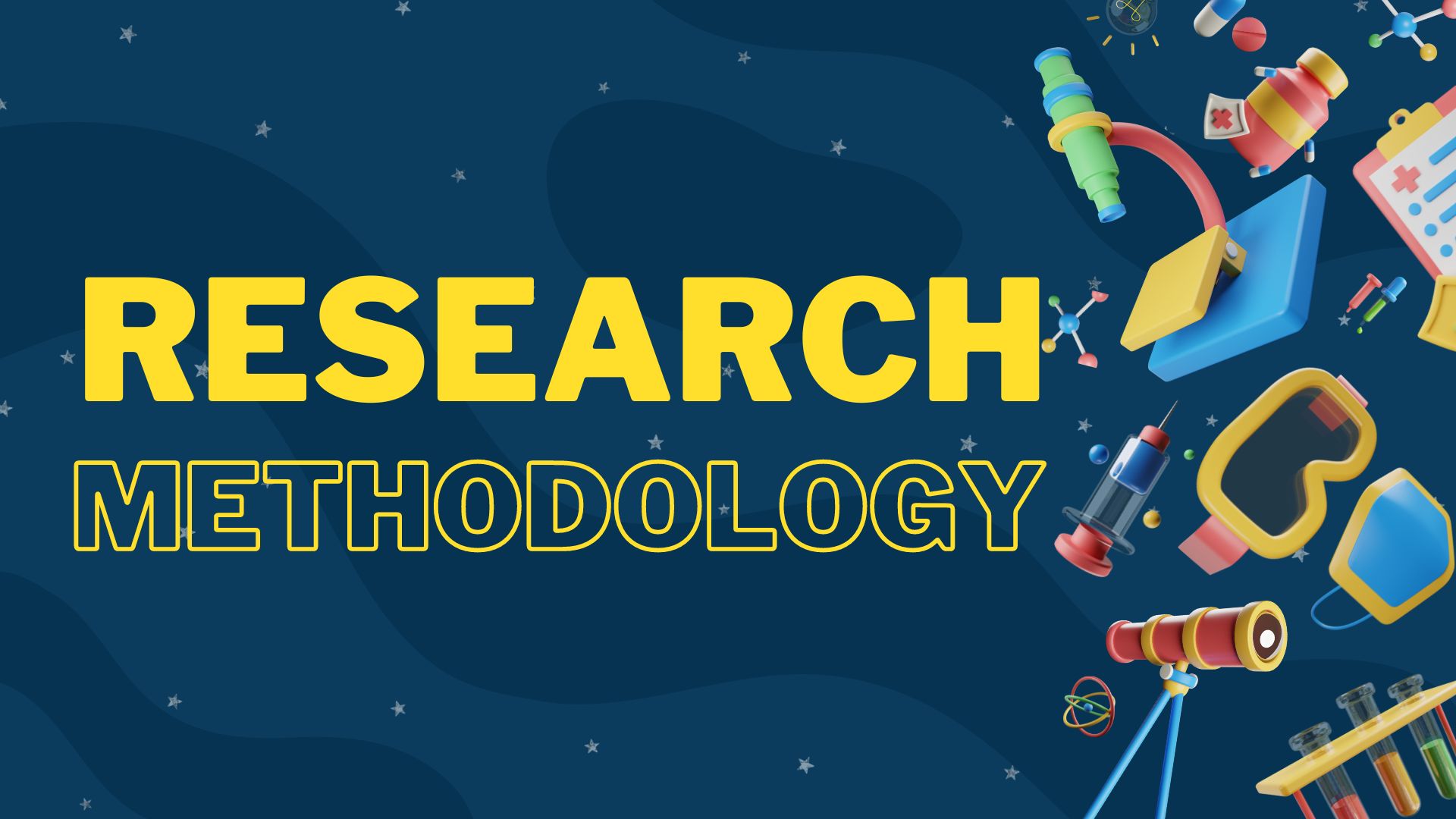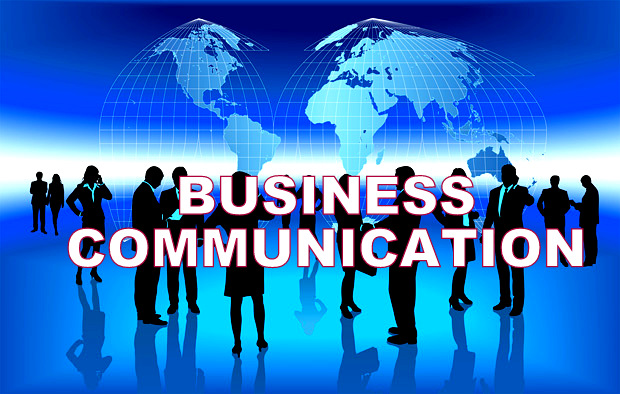
Course Title
Research Methodology
Programme: III B.Com (under Manonmaniam Sundaranar University)
Course Description
This course equips commerce students with a comprehensive understanding of the principles and practices of business research. It covers the research process from problem identification to report writing, emphasizing both theoretical frameworks and practical applications. Students will learn to design studies, collect and analyze data, interpret findings, and present results effectively. The course aims to develop critical thinking, analytical skills, and research ethics essential for commerce graduates pursuing professional careers, higher studies, or managerial positions.
Learning Objectives
By the end of this course, students will be able to:
-
Understand the role of research in commerce and the decision-making process.
-
Formulate clear research problems, objectives, hypotheses, and research questions.
-
Select appropriate research designs, sampling techniques, and data collection methods.
-
Utilize quantitative and qualitative tools for data analysis.
-
Interpret statistical outputs and draw valid business-related conclusions.
-
Prepare structured research reports following academic conventions and ethical standards.
Course Outcomes
-
CO1: Frame well-defined research problems with clarity and precision.
-
CO2: Apply suitable methods to design a research study tailored for commerce situations.
-
CO3: Collect and analyze primary and secondary data using both descriptive and inferential statistics.
-
CO4: Demonstrate proficiency in report writing, including detailing findings, conclusions, and recommendations.
-
CO5: Exhibit ethical awareness and adherence to norms in conducting research.
Syllabus
-
Introduction to Research in Commerce
-
Concepts, purposes, types (exploratory, descriptive, causal)
-
Role of research in business and policy decisions
-
-
Formulating Research Problem & Hypothesis
-
Problem identification, rationale, objectives
-
Hypothesis characteristics and types; testing methods
-
-
Research Design & Sampling
-
Experimental, survey, case study designs
-
Sampling frames, sample size, and techniques
-
-
Data Collection Techniques
-
Primary (questionnaires, interviews, focus groups)
-
Secondary (publishing sources, online databases)
-
Tools for ensuring reliability and validity
-
-
Data Analysis
-
Quantitative: Descriptive statistics, correlation, regression
-
Qualitative: Thematic analysis, coding, content analysis
-
-
Research Report Preparation
-
Structure: Abstract, introduction, literature review, methodology, results, discussion, conclusions
-
Referencing styles and citation formats
-
-
Ethics and Contemporary Issues in Research
-
Plagiarism, informed consent, data integrity
-
Trending methods: E-research, big data analytics, digital surveys
-
Teaching & Evaluation Methods
-
Pedagogy: Interactive lectures, real-world case studies, group projects, presentations
-
Assessment: Written assignments, quizzes, project proposals, end-term exam
- Teacher: Admin User

